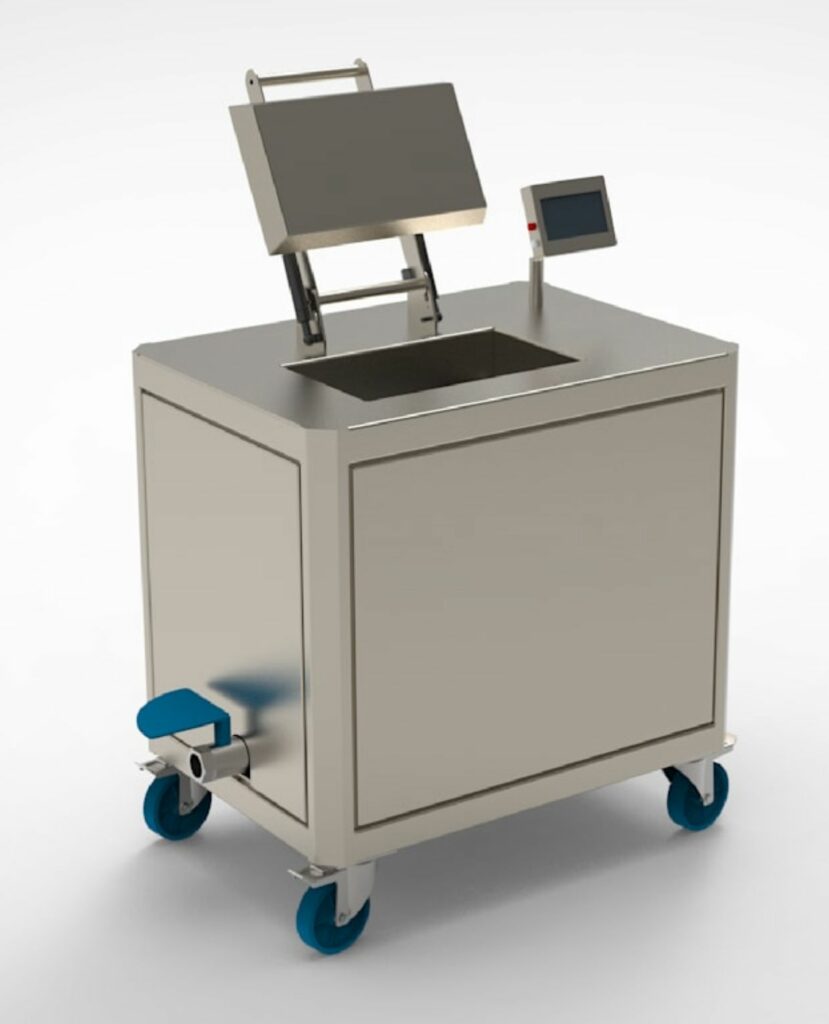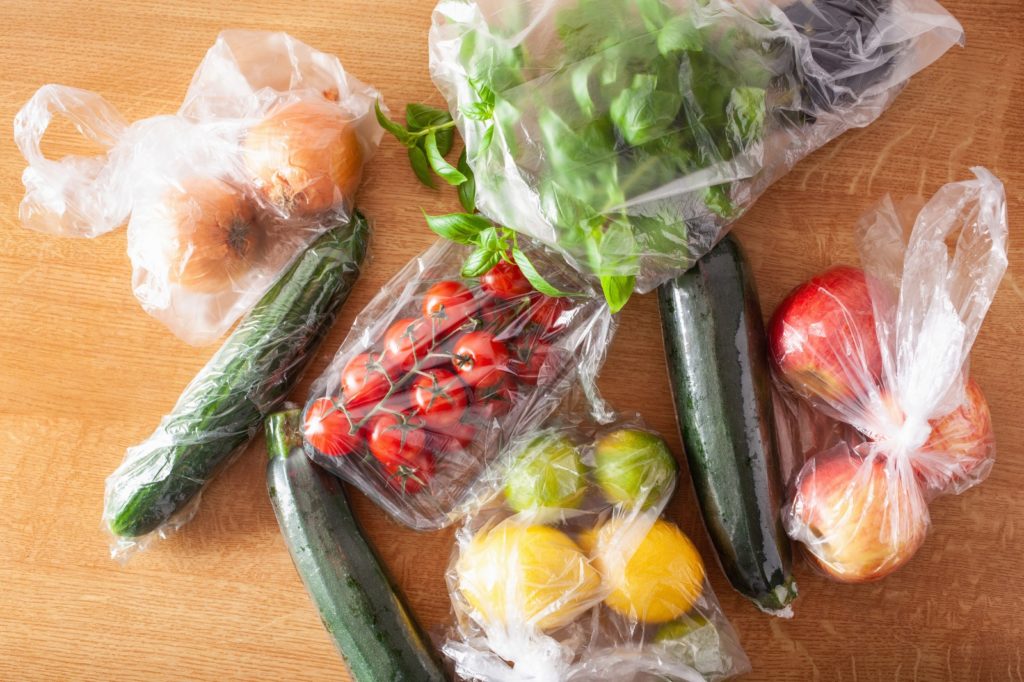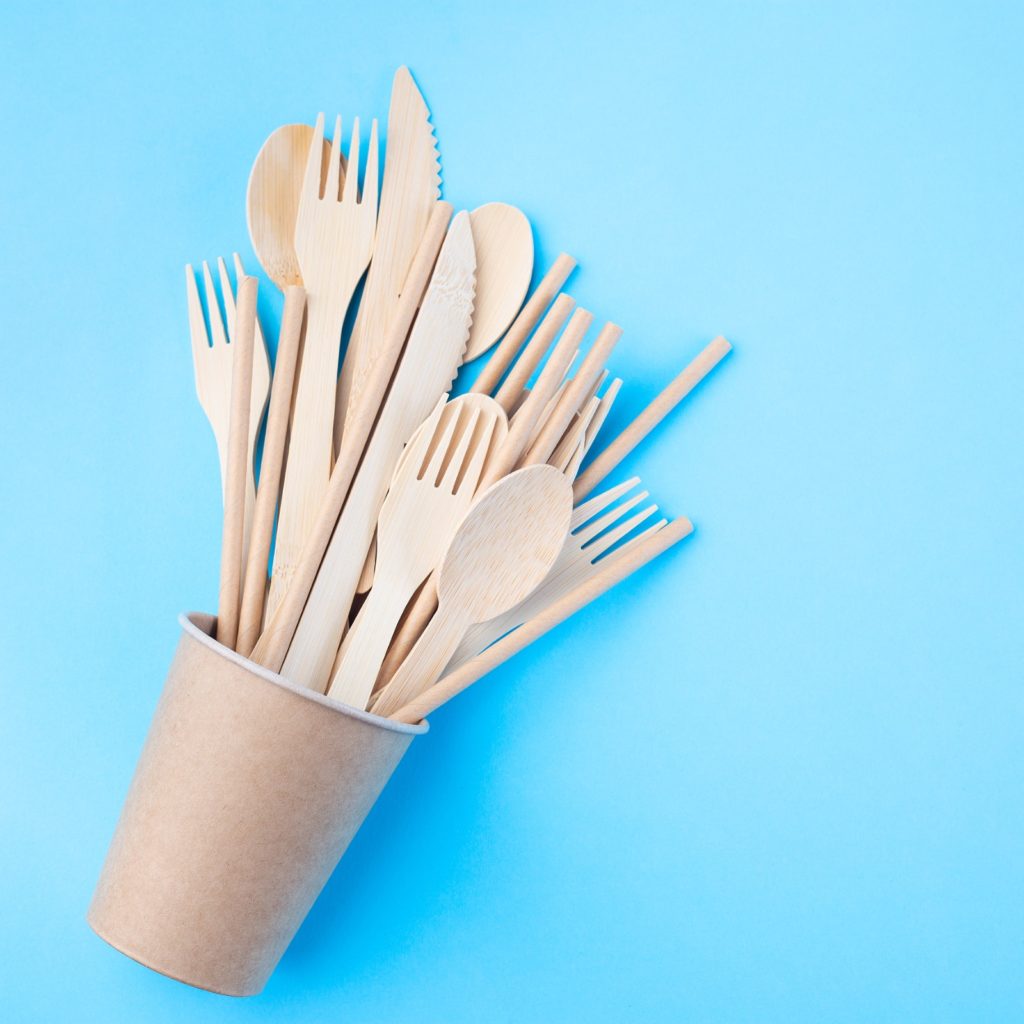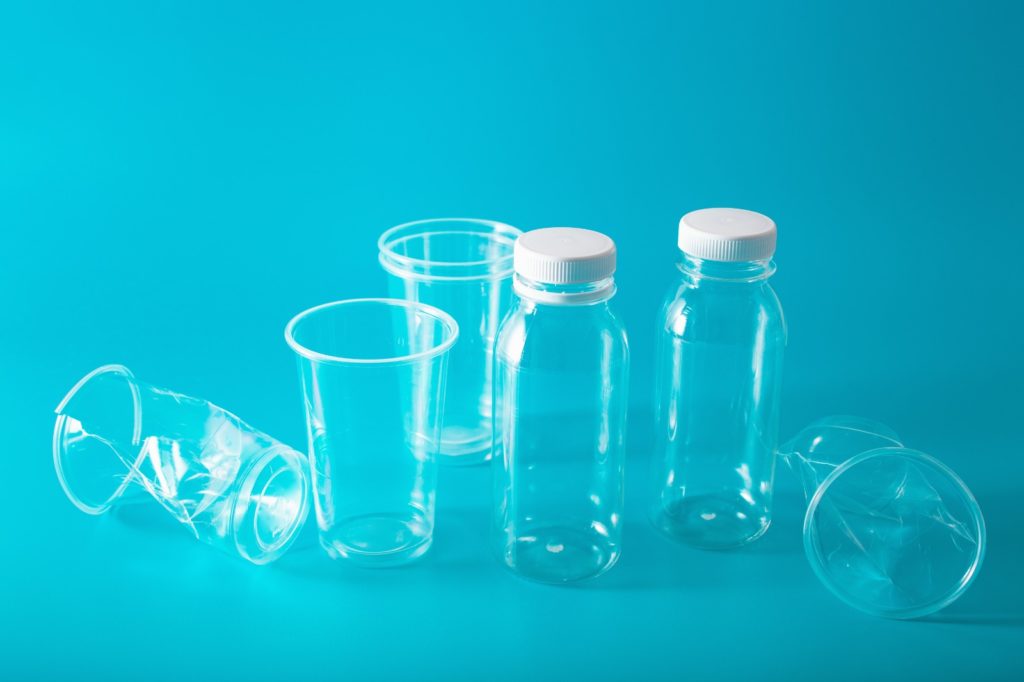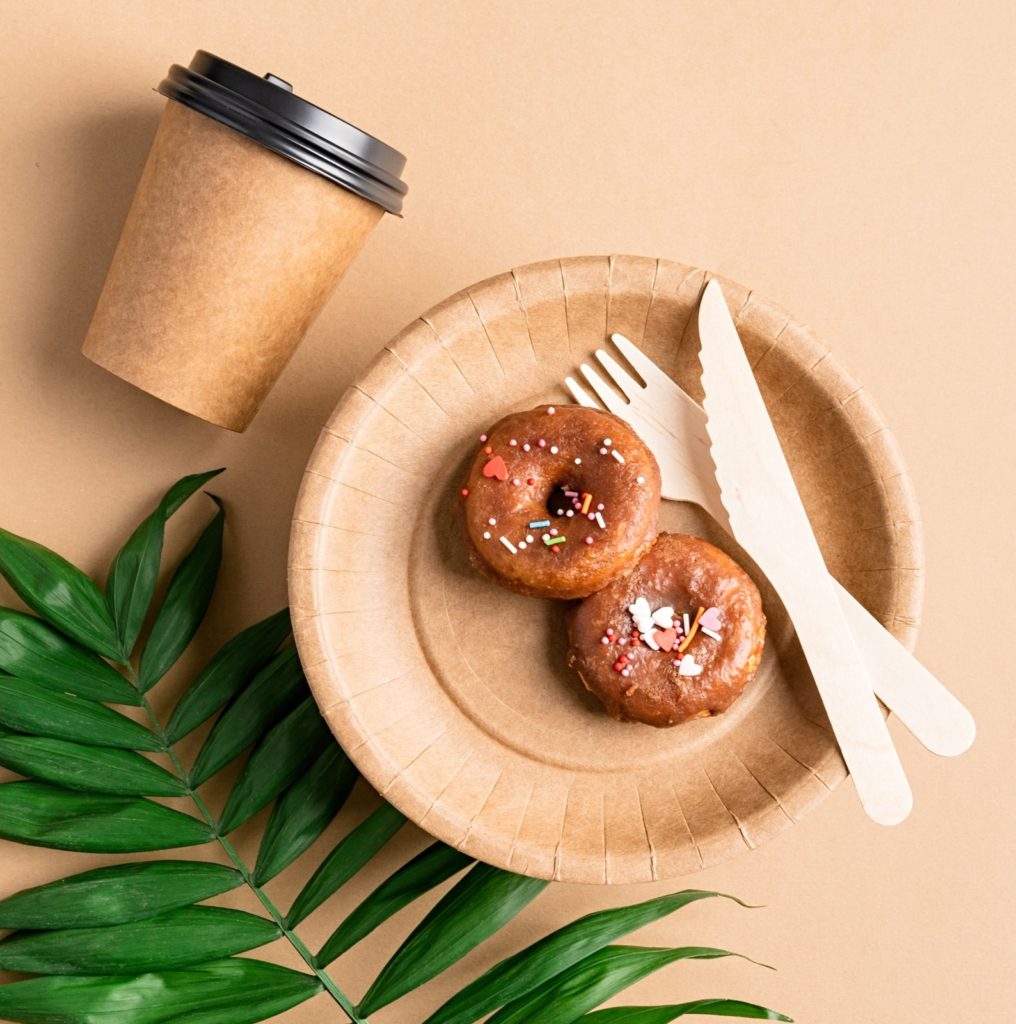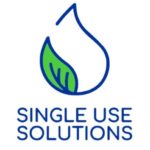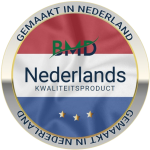
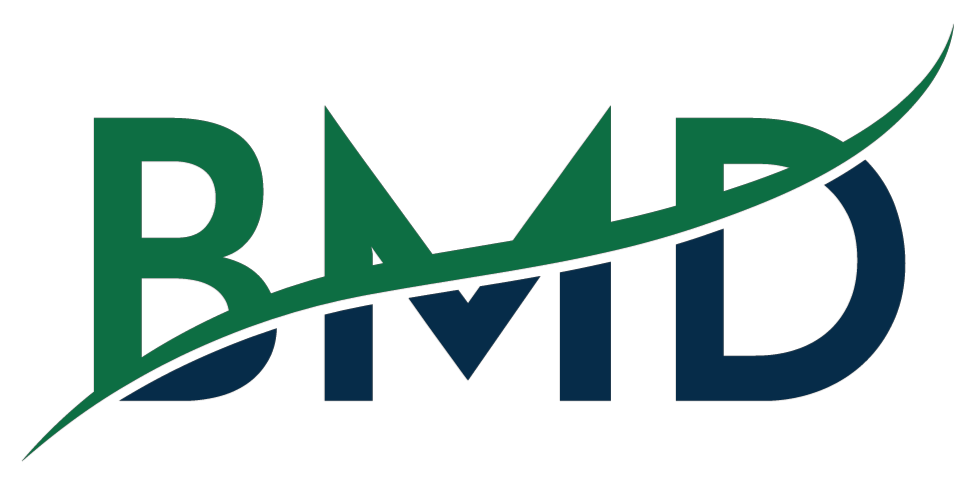
Bio Materials Digester
The BMD team is pleased to introduce our food composting machine. With a processing capacity ranging from 50 kilograms to 10,000 kilograms, our food digester is suitable for virtually any organization dealing with food. Take a look at our website and get in touch for a better solution to the issue of food waste.
© All Rights Reserved
Chamber of commerce
87781514 – Bio Materials Digester B.V.
